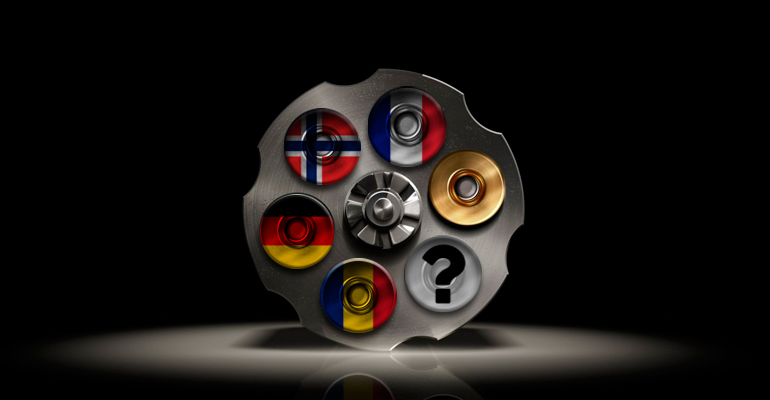

On November 8 2016, the French Competition Authority (Competition Authority) imposed a fine in the dizzying amount of €80 million on Altice Luxembourg, a telecom-investment company, and its French subsidiary SFR on the basis of their ‘gun-jumping’ activities during the 2014 acquisition of SFR and Virgin Mobile. After an unannounced probe, the regulator decided to institute said fine upon two companies in order to punish them for implementing their mergers prematurely, and to effectuate a deterrent for this type of antitrust activities among other companies.
The unprecedented fine imposed on SFR and Altice is the first of its kind to be introduced in France and the biggest penalty for gun-jumping ever levied in Europe.
‘Gun-jumping’ is a concept pertaining to an unlawful pre-merger and pre-clearance coordination of commercial activities taking place between parties involved in a merger or an acquisition. This notion encompasses the situation in which, before the final clearance from the authorized competition authority is given, parties to an M&A transaction stop acting as independent competitors and engage in a number of commercial and operational activities, which could cause prejudice with respect to such clearance.
In the case at hand, two separate mergers took place in 2014. Firstly, Altice, through its subsidiary Numericable, received approval from the Competition Authority to purchase a 77% controlling stake in SFR. Subsequently, Altice received another approval from the Authority for its acquisition of Omer Telecom operating under the Virgin Mobile brand. Although both mergers were notified to the Authority, concerns were raised with regard to the practices Altice and SFR were allegedly undertaking before final clearance was obtained.
Following a thorough investigation, the Competition Authority came to the conclusion that both of the sanctioned entities were endeavoring to integrate the companies involved in said mergers and make them operationally aligned before the approval of such mergers was finally delivered by the Competition Authority. “The denounced practices, which aimed to make the new entity operational as soon as possible after obtaining clearance of the transaction, were performed in good faith, in the midst of legal uncertainty,” Altice justified. However, such justification did not suffice. This decision was rendered in order to make clear that participants in a merger must remain fully independent between the execution of the agreement and the decision of, the Competition Authority stated.
Albeit faced with a severe financial penalty, Altice made clear that a “constructive dialogue with the regulator” was undoubtedly a high priority for the companies, which is why the decision was not going to be challenged. “The Group chose to settle the matter in order to limit its financial exposure, given the level of penalties imposed for this type of procedural violation under the French Commercial Code” , the companies added in their mutual statement.
Future Implications
Decision made by the Competition Authority represents a step forward in putting the unlawfulness of ‘gun-jumping’ under the spotlight, as one of the already articulated concerns of the European Commission. In this wider context, recent developments show that national authorities share the same concerns domestically and slowly start to take an increasingly aggressive approach towards this type of antitrust practices. In addition to France, in the last three years, Norway, Germany and Romania have each imposed fines against parties for failing to observe procedural and substantive standards established in the pre-merger context. Risk of facing the severe fines imposed by national authorities inevitably becomes a game-changer for the companies involved in ‘gun-jumping’ practices. Whether these practices will be avoided to a greater extent in the future, particularly following the highlighted French decision, is yet to be seen.